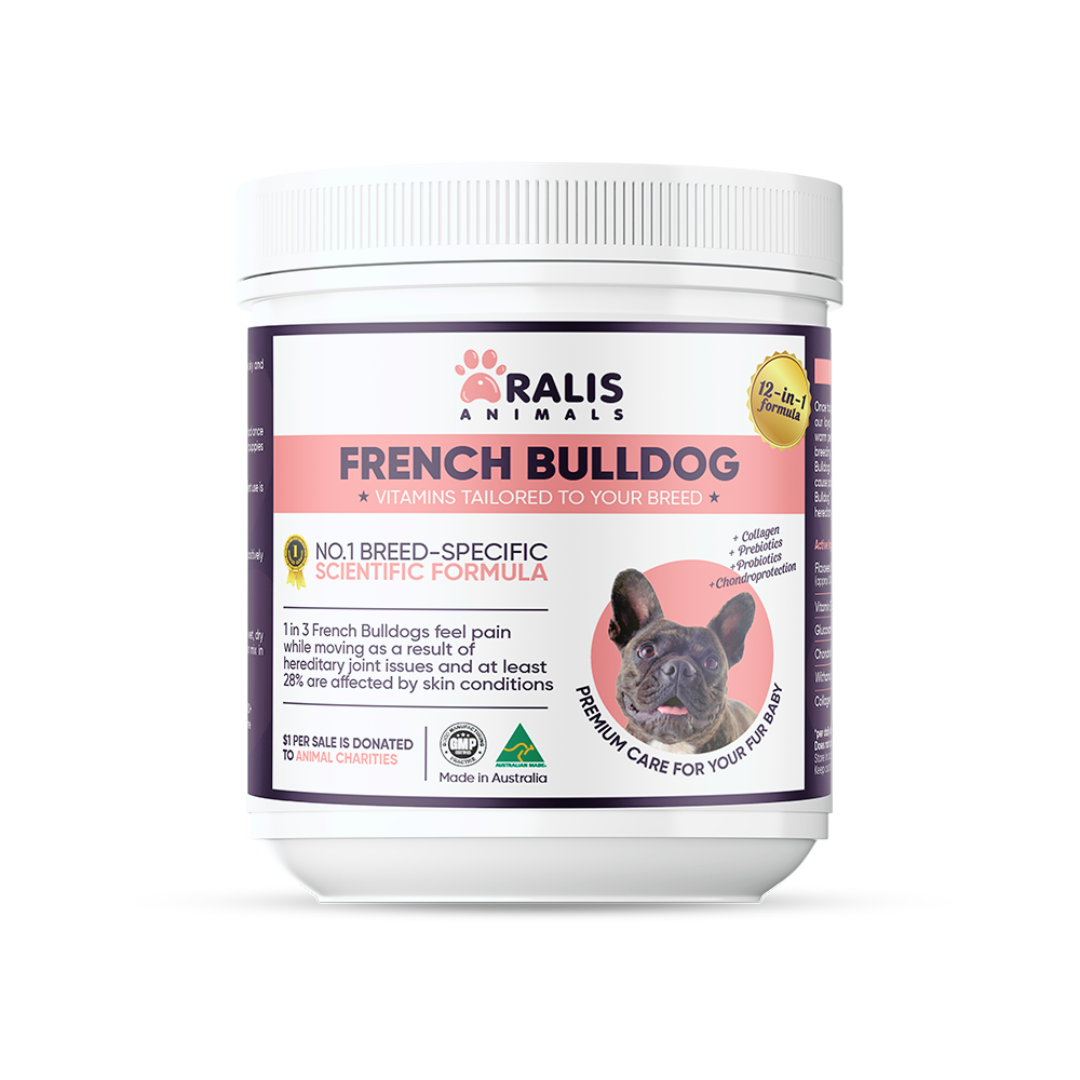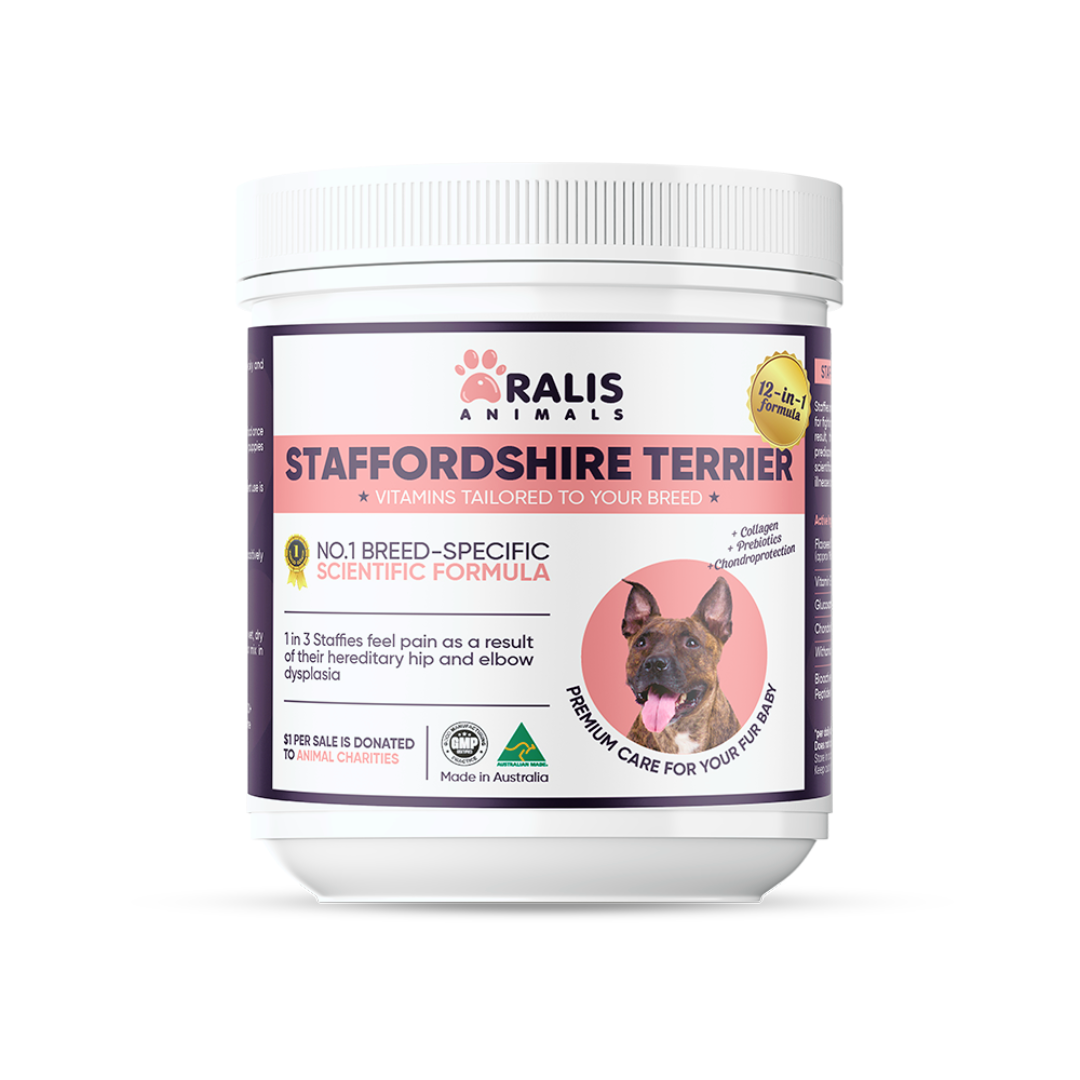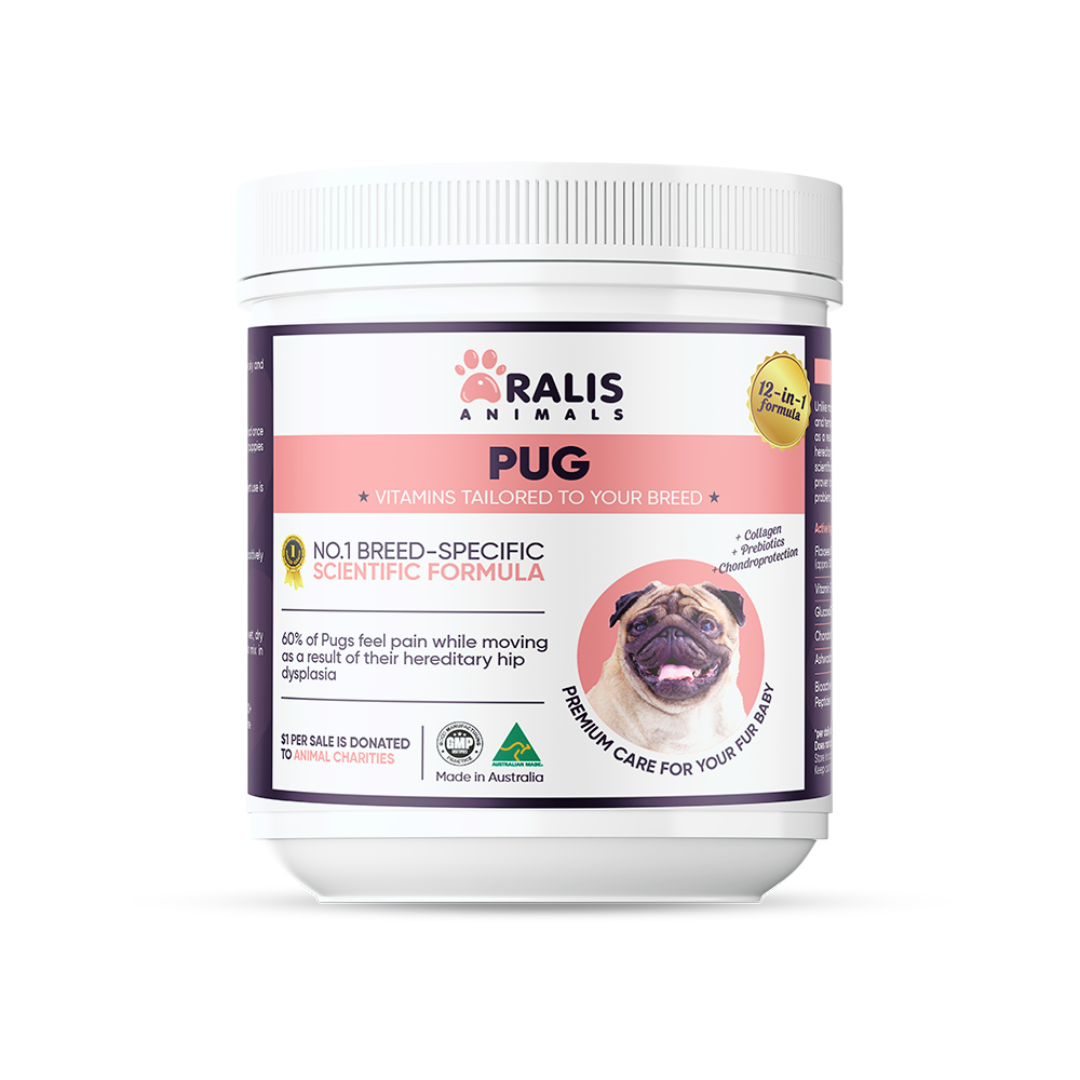Do Probiotics Work for Dogs on Antibiotics? What Every Pet Parent Should Know

Maintaining a healthy gut is crucial for your dog's overall well-being, and this becomes even more important when they are undergoing antibiotic treatment. Antibiotics, while necessary to fight off infections, can also disrupt the delicate balance of your dog's gut microbiome, leading to a range of digestive issues. This is where probiotics can play a vital role in supporting your furry friend's recovery.
Understanding Antibiotics and Their Effects
Antibiotics are powerful medications designed to eliminate harmful bacteria that cause infections. However, they don't discriminate between the "good" and "bad" bacteria in your dog's gut. When your dog takes antibiotics, it can wipe out the beneficial bacteria that are essential for maintaining a healthy digestive system.
This disruption in the gut microbiome can lead to a variety of problems, including diarrhea, vomiting, loss of appetite, and even an increased risk of developing more serious conditions like inflammatory bowel disease. It's crucial to understand the impact of antibiotics on your dog's gut health and take steps to mitigate these side effects.
The Role of Probiotics During Antibiotic Treatment
Probiotics are live, beneficial bacteria and yeasts that can help restore the balance of your dog's gut microbiome. When taken alongside antibiotics, probiotics can help replenish the good bacteria that have been wiped out, supporting your dog's digestive health and overall well-being.
The mechanism behind probiotics' effectiveness is twofold. First, they can help crowd out harmful bacteria, preventing them from taking over the gut. Second, they can produce substances that inhibit the growth of pathogenic bacteria, while also supporting the growth of beneficial microorganisms.
Best Probiotics for Dogs on Antibiotics
When it comes to choosing the right probiotic for your dog on antibiotics, one strain stands out: Saccharomyces boulardii (S. boulardii). This unique probiotic yeast has been extensively studied for its ability to support gut health, particularly in cases of antibiotic-associated diarrhea.
S. boulardii works by several mechanisms, including:
- Inhibiting the growth of harmful bacteria
- Reducing inflammation in the gut
- Improving nutrient absorption
- Enhancing the immune system's response
In addition to S. boulardii, look for probiotic supplements that contain a combination of other beneficial strains, such as Lactobacillus and Bifidobacterium species. These strains can work synergistically to provide comprehensive support for your dog's gut health.
When and How to Administer Probiotics
The timing of probiotic administration is crucial when your dog is taking antibiotics. It's generally recommended to start the probiotic supplement a few days before the antibiotic treatment and continue for at least 2-4 weeks after the antibiotic course is completed.
The dosage of probiotics can vary depending on your dog's size and the specific product you choose. Follow the instructions on the supplement label, and consider consulting with your veterinarian to determine the appropriate dosage for your pet.
Choosing the Right Probiotic Supplement
When selecting a probiotic supplement for your dog on antibiotics, look for products that meet the following criteria:
- Contains the key strains, such as S. boulardii, Lactobacillus, and Bifidobacterium
- Uses high-quality, well-researched probiotic strains
- Includes a sufficient number of live, active cultures
- Is free from fillers, artificial ingredients, and other unnecessary additives
- Has been third-party tested for purity and potency
It's also important to choose a probiotic supplement that is specifically formulated for dogs, as human-grade probiotics may not be suitable for your canine companion.
Conclusion
Maintaining your dog's gut health during antibiotic treatment is crucial for their overall well-being. By incorporating a high-quality probiotic supplement, you can help restore the balance of your dog's gut microbiome and support their recovery. Remember to consult with your veterinarian to ensure you're providing the best possible care for your furry friend. Help your pooch bounce back stronger. Explore the Aralis Animals Multivitamins here that is designed to restore balance, comfort, and vitality after antibiotics.





